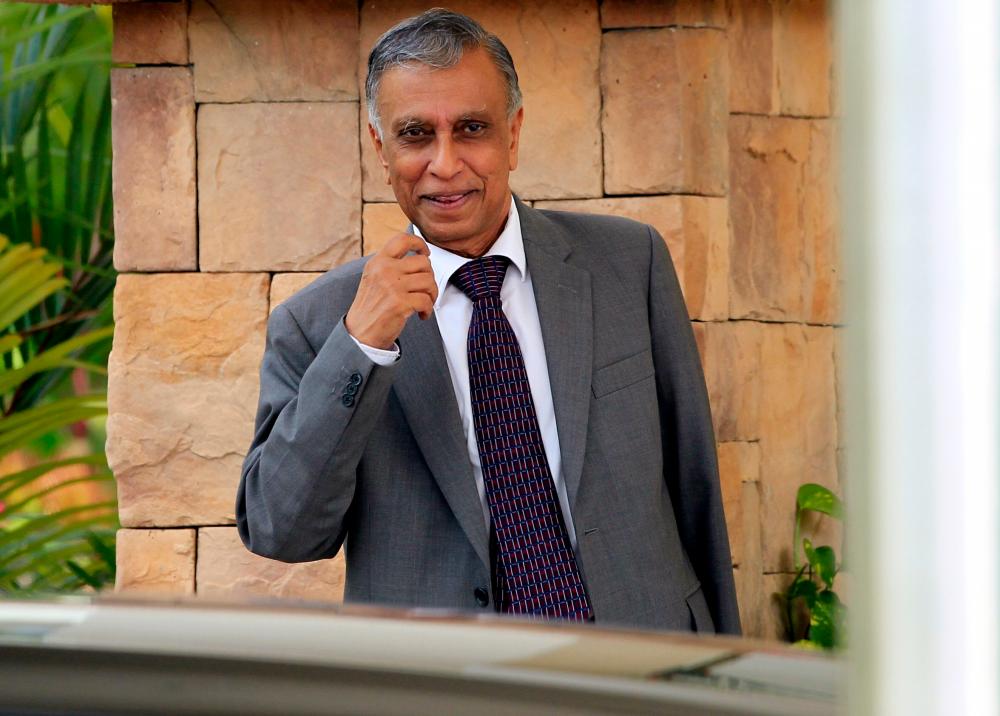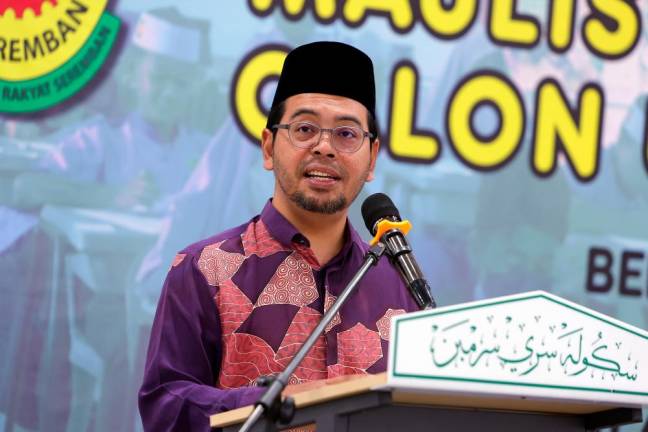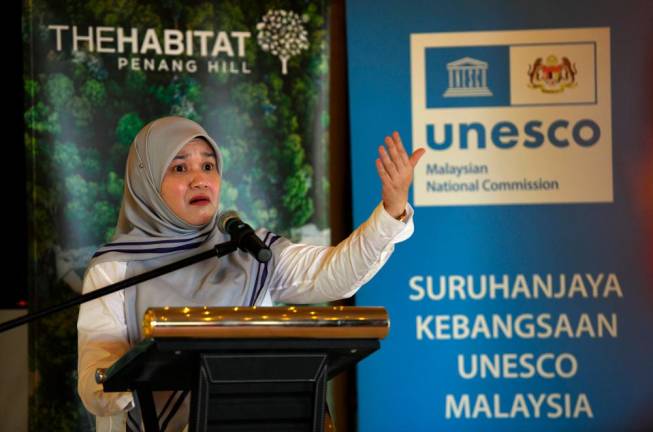PETALING JAYA: The government stands to save at least RM2 billion a year if it replaces the Bantuan Prihatin Rakyat and tax refunds for child dependants with a universal child benefit model (UCB).
According to a Khazanah Research Institute study, the Prihatin scheme now costs RM6.5 billion a year, while tax refunds takes another RM7.5 billion from the government coffers, raising government spending by RM14 billion.
On the other hand, a RM150-per-month payout to every child under the UCB will only cost RM12 billion a year, according to the Khazanah report titled “Building Resilience: Towards Inclusive Social Protection in Malaysia”.
According to the report, the investment could drop to RM8 billion a year if the government opted to reduce the payout to RM100 a month.
Khazanah chairman Tan Sri Nor Mohamed Yakcop(pix) acknowledged that there would be reservations about giving the benefits to the well-off instead of the poor and deserving.
“In a targeted assistance scheme, there is always the possibility that those who deserve it are left out.
“To prevent this, let it be given to everyone. Even if the well-off take it, we will still be better off,” he told a media conference during a virtual launch of the report yesterday.
Nor Mohamed said the savings would come through reduced red tape and logistics, among others.
One of the researchers involved, Puteri Marjan Megat Muzafar, said researchers had compared the current scheme available for children, the Bantuan Kanak-Kanak (BKK), against the tax relief system.
For the lower income group, the BKK provides a cash aid of RM150 to RM1,000 per family while the other income group enjoys tax reduction on child dependants, expenses on breastfeeding equipment, childcare fees to registered childcare centres or kindergartens and net deposit in Skim Simpanan Pendidikan Nasional.
“This has led to the creation of a ‘missing middle’ – the group that encompasses those whose income does not qualify them for assistance, yet they do not earn enough to benefit from the tax relief,” she said.
She said the UCB is a more progressive model. “Everyone will get it, and those in the middle and lower income groups will get more than they do under the current packages.”










